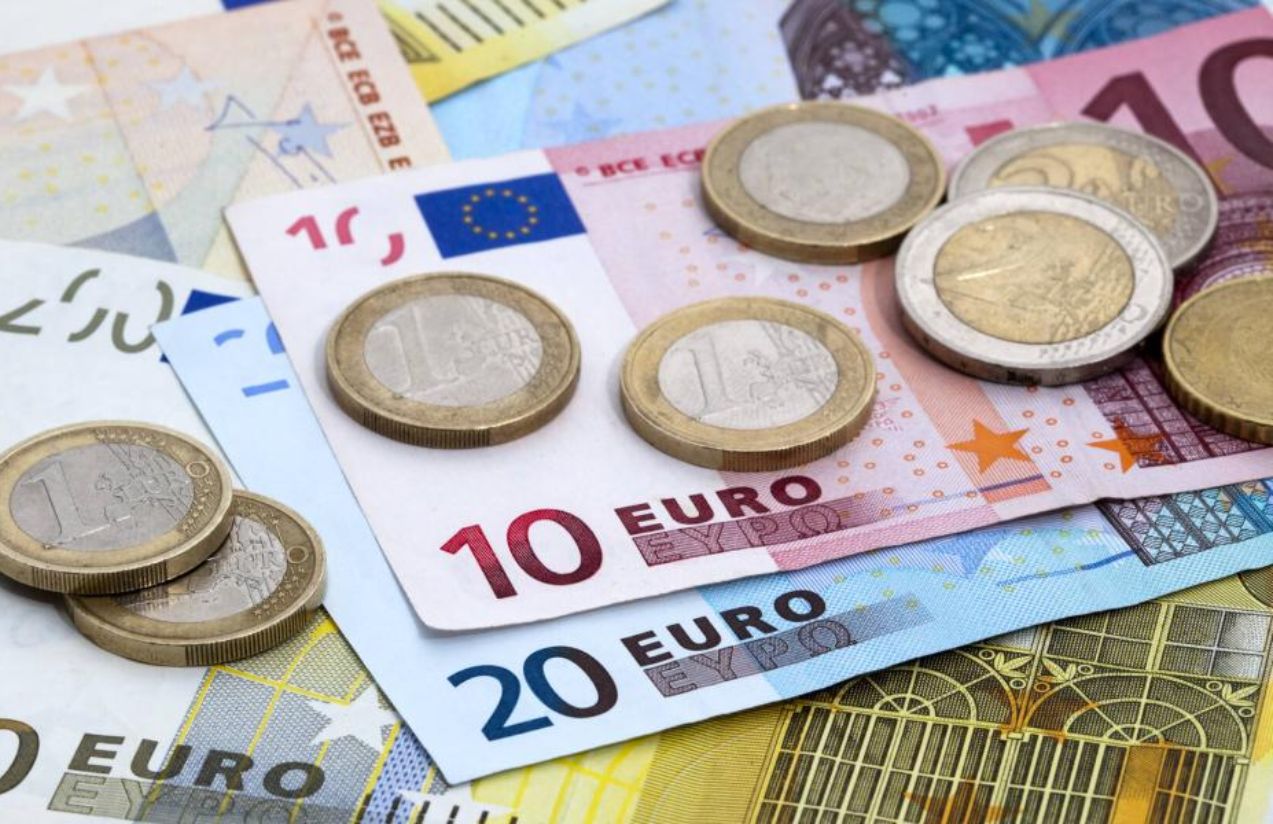On April 28, Spain experienced an unexpected event few could have imagined: a massive blackout that paralyzed much of the country and tested the public’s resilience in the face of a sudden crisis. One of the most immediate and disruptive effects was the inability to make card payments—a serious obstacle in a society where digital money has largely replaced cash.
The incident has revived concerns about the feasibility of a fully digital economy. As the European Union pushes forward with the introduction of the Digital Euro—an initiative aimed at reinforcing economic sovereignty and reducing reliance on physical currency—the blackout exposed the vulnerabilities of relying entirely on technology for even the most basic transactions.
During the power outage, cash made a comeback. In many households and especially in small businesses without backup systems, purchasing anything without physical money was nearly impossible. Payment terminals stopped working, and ATMs went offline—except at some large bank branches equipped with generators.
Only a few supermarkets, such as Mercadona, were able to keep their checkouts running thanks to emergency generators. Their ability to continue accepting electronic payments turned them into essential destinations, drawing crowds of customers eager to stock up on basic goods.
The situation highlighted an uncomfortable truth: most people no longer carry cash. In my own social circle, very few had more than 10 euros on hand. Those without bills or coins found themselves with limited options.
Beyond the immediate inconvenience, the blackout raises a critical question: what if the Digital Euro were already in place? EU officials claim the system will allow for payments even without internet access, thanks to instant transfers between devices. But there’s a major caveat: electricity. Without power, phones run out of battery—and no battery means no transactions. Personally, I managed to keep my phone alive by charging it in the car, which also let me stay informed through the radio.
Cash, on the other hand, proved its reliability. It works without a signal, without a battery, and without a network. Its resilience in extreme scenarios became clear during this crisis, forcing us to reconsider the wisdom of phasing it out entirely.
The April 28 blackout didn’t just disrupt daily life for millions—it also served as a wake-up call about our growing dependence on digital systems. Moving toward a tech-based economy shouldn’t mean abandoning traditional alternatives. The key is ensuring that, no matter the circumstances, there’s always a way to pay.




















